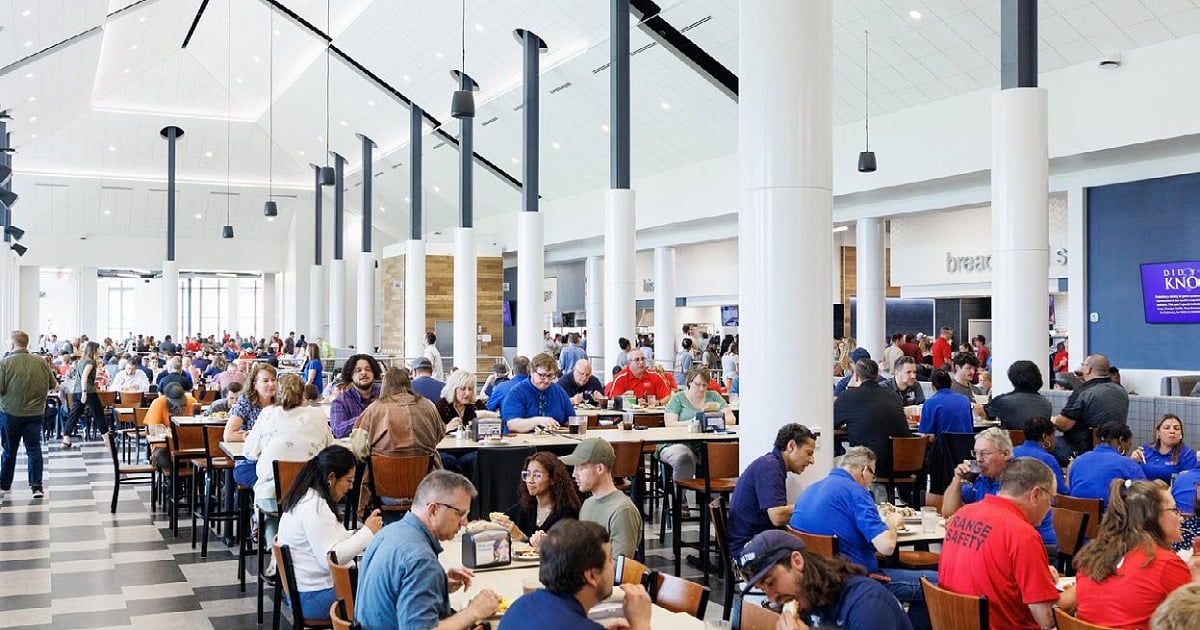Campus
SUNY Oneonta’s Innovative Internship Programs and Community Collaboration Improve the Perception of Higher Education

Find the food and facilities solutions that work best for yours.
There’s more than meets the eye when it comes to great food in the workplace — it fuels connection, productivity and satisfaction. From energizing breakfasts to social lunches and quick, on-the-go snacks, this study reveals key opportunities to level-up your workplace dining experiences and keep your people happy and productive.

SUNY Oneonta’s Innovative Internship Programs and Community Collaboration Improve the Perception of Higher Education

The Math–Nutrition Connection: 5 Ways Healthy School Meals Add Up to Better Academic Performance

Innovations in Student-Centered Dining to Support a Growing Campus

Celebrating the Best of SUNY Collaboration & Culinary Creativity

Breaking Barriers in Nutrition Care: How a Dietitian Transformed Referrals and Patient Outcomes

Beyond the Prescription: How Registered Dietitians Guide Patients in the GLP-1 Era

Crafted with Care, Served with Joy: Reimagining the Senior Living Dining Experience

Two North American Chefs Head to London for Cook for Change! Global Finale

The Belonging Effect: How Industry Communities Fuel Careers, Creativity, and Confidence
